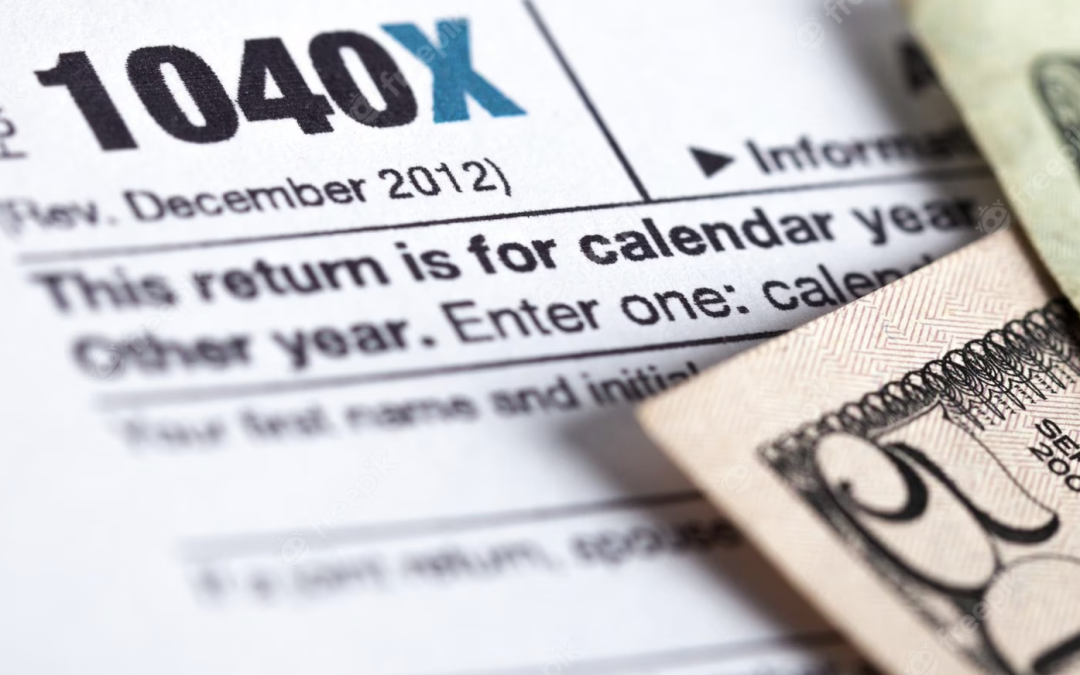Paying taxes is a necessary part of being a responsible citizen, but that doesn’t mean you have to pay more than you need to. Minimizing your tax liability and maximizing your refund can be a smart financial move, allowing you to keep more of your hard-earned money. Here are some strategies to consider when preparing your taxes in 2023:
Know your tax bracket: Your tax bracket determines the percentage of your income that you’ll owe in taxes. Understanding your tax bracket can help you make informed decisions about your finances and ensure that you’re not paying more in taxes than you need to.
Take advantage of tax deductions: Tax deductions reduce the amount of taxable income you’re responsible for, and therefore lower your tax liability. Some common tax deductions include mortgage interest, student loan interest, and charitable donations. Make sure you understand the tax deductions available to you and take advantage of as many as possible.
Use tax credits: Tax credits are similar to deductions, but instead of reducing your taxable income, they directly reduce the amount of tax you owe. Tax credits can include the Child Tax Credit, the Earned Income Tax Credit, and the American Opportunity Tax Credit.
Keep accurate records: Accurate record keeping is critical when it comes to minimizing your taxes and maximizing your refund. Make sure you keep receipts, invoices, and other records related to your income and expenses. This will make it easier to calculate your taxable income and claim any tax deductions or credits that you’re eligible for.
Consider hiring a tax professional: If you’re unsure about the tax laws and regulations, or simply don’t have the time to prepare your own taxes, consider hiring a tax professional. A tax professional can help you understand your tax liability, identify any tax deductions or credits you’re eligible for, and ensure that your taxes are filed accurately and on time. They can also provide you with advice on how to minimize your taxes in future years.
Maximize contributions to retirement accounts: Contributing to a retirement account, such as a 401(k) or IRA, can reduce your taxable income and help you save for the future. Consider maximizing your contributions to these accounts to reduce your tax liability and build your nest egg.
Take advantage of tax-free investments: There are certain investments that are taxed differently or not taxed at all, such as municipal bonds or life insurance policies. Consider adding these types of investments to your portfolio to reduce your tax liability.
Keep track of business expenses: If you’re self-employed or have a small business, it’s important to keep accurate records of all business expenses. Business expenses, such as travel, equipment, and supplies, can be deducted from your taxable income and lower your tax liability.
Keep up with tax law changes: Tax laws are constantly changing, so it’s important to stay informed about the latest tax regulations. Keep up with tax law changes to ensure that you’re taking advantage of all available deductions, credits, and other tax benefits.
Plan for taxes throughout the year: Don’t wait until tax season to start thinking about your taxes. Instead, plan for taxes throughout the year by setting aside money in a separate account, tracking your expenses, and staying informed about tax law changes.
In conclusion, minimizing your tax liability and maximizing your refund requires a combination of smart financial planning, accurate record keeping, and an understanding of the tax laws and regulations. By taking advantage of tax deductions, credits, and other tax benefits, you can keep more of your hard-earned money and achieve your financial goals.

